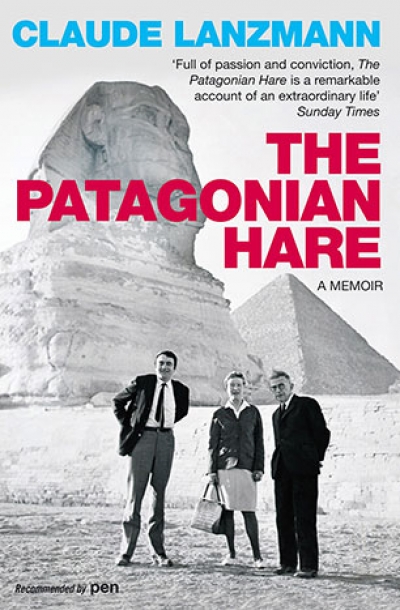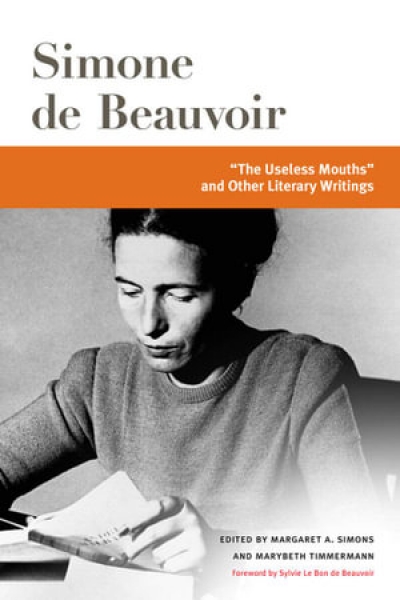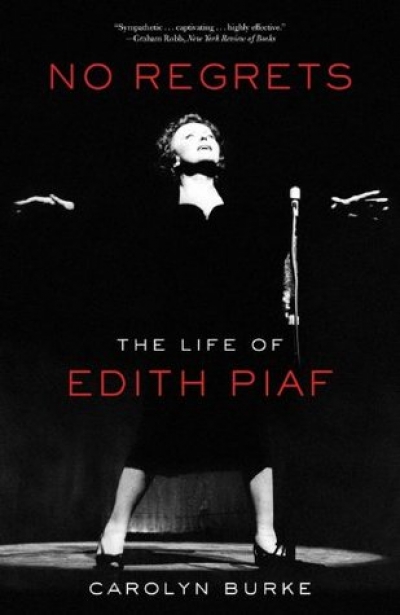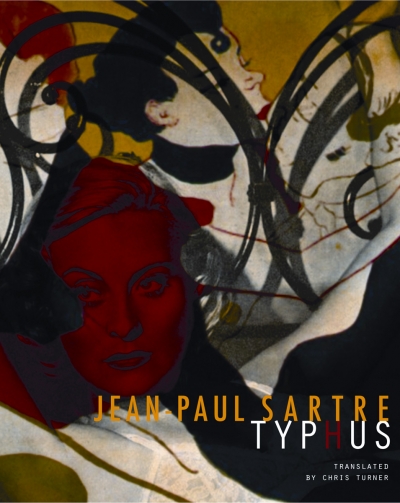Colin Nettelbeck
Colin Nettelbeck is an Emeritus Professor at the University of Melbourne, where he held the A.R. Chisholm Chair of French. He taught previously at the University of California (Berkeley) and Monash University. He has written extensively about twentieth-century and contemporary French literature, cinema, and cultural history, with special focus on the French experience of World War II. His most recent book is Dancing with de Beauvoir: Jazz and the French, published by Melbourne University Press in 2004. His essay ‘Kneecapper: a Trip to Happiness’ (published in the Autumn 2011 Meanjin Quarterly) was shortlisted for the 2010 Calibre Prize for an Outstanding Essay. He was awarded second prize in the 2012 Calibre Prize for ‘Now They’ve Gone’.
Practitioners of real (or royal) tennis have with their game the special relationship that comes with being a small group of initiates. There are probably fewer than ten thousand of them in the world, gathered in the four countries where the ancient sport survives on no more than fifty active courts. Individually and collectively, they appear to feel, beyond the passion with which they master the ... (read more)
Let the potential reader be warned from the outset: the editorial perspective of this anthology of Simone de Beauvoir’s literary writings is disturbingly unsettled. If the intended audience is the ‘Beauvoir scholars’ alluded to in the jacket blurb, one cannot but imagine their irritation at the scores of quasi-Wikipedic notes covering almost every person mentioned in the text, and providing ... (read more)
In the autumn of 1962, as a student in Paris, I went to watch Edith Piaf perform atop the Eiffel Tower. My memory is of being in a thick crowd at ground level, straining to see a tiny floodlit figure while a huge metallic voice resounded across the night sky: ‘Non, je ne regrette rien …’ In this new biography of Piaf, Carolyn Burke reminds us that this was a publicity event for the launch of ... (read more)
Those wanting to understand better the radical changes in Western thought and social mores since World War II could benefit from revisiting Jean-Paul Sartre (1905–80). Of course, one can sympathise with Jonathan Rée in his critique of much of Sartre’s work as ‘slap-dash’, ‘long-winded’, ‘carelessly profuse’ (Times Literary Supplement, 26 November 2010). It is true that by the time ... (read more)





